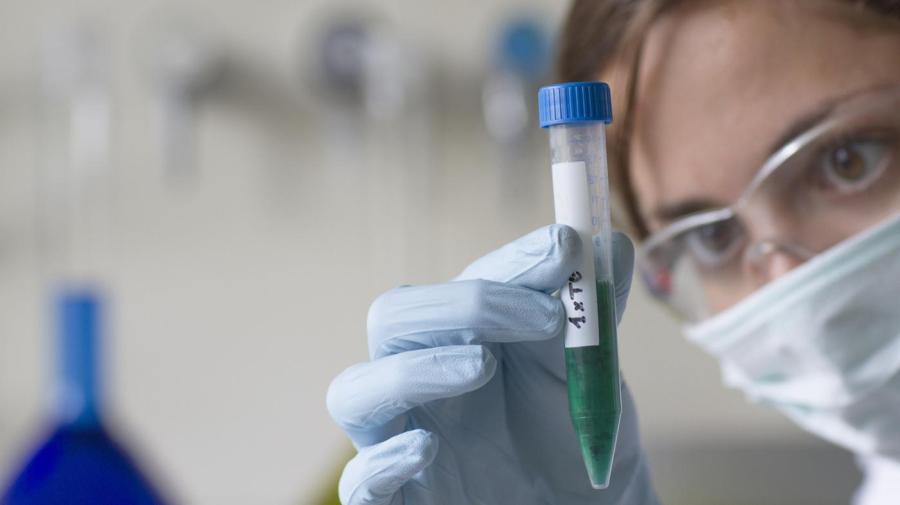What Causes Chemical Reactions?

Chemical reactions occur when two molecules collide with each other in a certain orientation and amount of force, which causes a chemical change due to the breaking and forming of the bonds between the atoms. Bonds are broken and formed due to the movement and sharing of electrons between atoms without any change to the nuclei.
While there are multiple types of chemical bonds, the most common bonds are ionic or covalent. An ionic bond occurs when an atom takes an electron from another atom, causing chemical reactions, such as those with sodium and chlorine to form table salt. Covalent bonds occur when atoms share electrons, causing chemical reactions such as that between hydrogen and oxygen to form water.
The chemical changes in reactions are the transformation of the reactants into one or more products, which have different properties than the original reactants. Chemical changes occur at a set reaction rate based on the temperature and chemical concentration involved, and typically end when one of the reactants is consumed, the required energy is no longer supplied or the reactant mixture reaches chemical equilibrium. In equilibrium the reaction is stable, but reactions may be continued by removing products from the reaction mixture, increasing the temperature or applying pressure.





